Read
American Harvest
By Marie Mutsuki Mockett (Graywolf Press, 2020)
“All discussions of food and agriculture begin with the land,” writes Marie Mutsuki Mockett in American Harvest, her account of a summer spent traveling with the crew who had harvested her family’s wheat for decades. As she journeys northward following the path of ripening wheat, Mockett writes evocatively of the travails and triumphs of the harvesting crew out on the vast shifting landscapes of the American heartland.
Mockett views the heartland partially as an outsider, but also as one with deep roots in the soil and the culture it sustains. The daughter of a Japanese mother and a Nebraskan father, Mockett is at home in the literary and arts worlds of California and New York but uniquely poised to comment on the white, conservative Christian culture of the Midwest. She stands astride what Eric Wolgemuth, the head of the harvesting crew, refers to as “the divide” in the United States.
What is this divide? Does it have to do with liberal versus conservative, or with rural versus urban? Racism versus anti-racism?
Reading American Harvest, I was struck by the reality that we cannot answer the question of what divides us without immersing ourselves in the history of this land we occupy. This means understanding its geology. On this topic Mockett is as affectionate and diligent a researcher as she is a nuanced reporter on human life.
American Harvest is pre-pandemic. It was written on the cusp of a new fragmentation, before the statement “we’re all in this together” was put to the test. What Mockett shows us, perhaps, is that even if we are not all in this together, the divide is less total than we think. She leaves us on a note of optimism about our capacity to connect. Whether this optimism is justified or not remains to be seen.
Dear White Christians
By Jennifer Harvey (Eerdmans, 2020)
I once met a man whose family was involved in an unthinkable accident. A drunk driver hit their van, and although the man wasn’t injured, in an instant his wife, mother, and daughter were killed. Through some slick attorney work, the drunk driver was acquitted and not held accountable.
Suppose we believed that the victim and perpetrator needed to be reconciled. How could that happen? Isn’t reconciliation impossible until the perpetrator admits guilt and remorse and makes acts of restitution?
Many white Christians blithely talk about racial reconciliation while remaining blind to the history of enslavement, genocide, Jim Crow laws, segregation, and oppression that has caused racial rifts and inequality in America. In Dear White Christians, Jennifer Harvey, professor of religion at Drake University, argues that racial reconciliation will remain elusive for Christians until the white church recognizes, repents, and takes concrete actions to repair its complicity in America’s racial history.
Reparations are often quickly dismissed as a “handout” by most white Americans. However, as Harvey cogently argues, reparations simply means “repair” and can take many forms. The onus for this work sits squarely on the shoulders of white people and white institutions—including religious institutions that are quick to express desire for reconciliation but without a commitment to do the necessary work.
Harvey’s book addresses mainline Protestants and progressive evangelicals; the author’s omission of Catholics came somewhat from unfamiliarity but more significantly from an awareness of deep-seated anti-Catholicism in the United States. Indeed, Catholics have been victims of oppression. Yet Catholics are not immune from the racial issues illuminated by Harvey’s book, which transcend denominational allegiance.
Advent and Christmas: One Day at a Time for Catholic Teens
By Katie Prejean McGrady and Tommy McGrady (Ave Maria Press, 2020)
This book of daily devotions provides challenges and comfort that will help teens develop a closer relationship to God during the Advent and Christmas seasons.
Honest Advent
By Scott Erickson (Zondervan, 2020)
Celebrated artist Scott Erickson combines stirring images and powerful meditations to rekindle the wonder of the incarnate Christ and bring a fresh view on the Christmas story.
Northern Light
By the Cistercian Nuns of Tautra Mariakloster (Liturgical Press, 2020)
The lives of the women religious on the island of Tautra in Norway are illuminated in this book of seasonal reflections, including essays by former U.S. Catholic editor Sister Sheryl Frances Chen.
Listen
Coriky
Coriky (Dischord Records, 2020)
For some people punk means noise. For others it means a disregard for convention, musically and otherwise. For others still it means anger or rebellion. For the members of Coriky, punk is a form of creativity and profound social engagement.
Coriky is the first album by Ian MacKaye (Minor Threat, Fugazi, Th e Evens), Joe Lally (Fugazi, The Messthetics), and Amy Farina (The Warmers, Th e Evens). MacKaye pioneered the Washington, D.C. punk scene in the 1980s and continued in the ’90s with the infl uential band Fugazi. He also cofounded the independent record label Dischord Records, which prioritizes local music over profits, when he was just a teenager. This album marks a surprising and creative return to the classic D.C. punk sound the band’s members pioneered.
Coriky takes the best of the artists’ work, blending a meticulous sense of timing with uproarious bursts; a sophisticated displacing of the beat with cathartic, anthemic, sing-along moments; and melodic rhythms with unexpected powerful stops. Theirs is a dynamic sound.
The album opens with the song “Clean Kill.” It’s the first in a strand of songs that preach nonviolence and de-escalation in a culture all too ready to fight. As one refrain in the song “Last Thing” goes, “Last thing we ever wanted was a war, but it came much too easy.” But whether they’re singing about the structural injustices of patriarchy or the negative consequences of complacency, Coriky recognizes that lasting and meaningful change only comes with a change of heart. Likewise refreshing in their lyrics is the acknowledgment of the complexity of circumstances. Make no mistake, these songs have an edge. But they witness to something essential to Catholic moral teaching: the need to be true to one’s conscience. And this Coriky does in a creative language all their own.
—Father John Christman, S.S.S.
Watch
Immigration Nation
Directed by Christina Clusiau and Shaul Schwarz (Reel Peak Films, 2020)
Immigration Nation is essential viewing. The Netflix limited series provides a comprehensive overview of the ways that overlapping, complex immigration issues impact vast numbers of people—from the immigrants themselves to the people responsible for enforcing immigration policy.
It’s a commitment both of time—the series is six hour-long episodes—and emotion. This is a gripping, wrenching journey, but it is worth finding the hours and mental space. The camera crews have stunning access to Immigration and Customs Enforcement (ICE) detention facilities, raids, and interviews with agents. (Th ese interviews give a fascinating view into the compartmentalization that can be needed for some to justify their work or defend their profession.)
We learn about policy directives that have influenced immigration trends and ICE priorities. We see the anger of deported veterans, the fearless work of local activists, and the despair of refugee lawyers trying for years to reunite families. We watch organizers advocating for immigrants who have been exploited by wage theft after working to rebuild homes in the wake of natural disasters.
The series is most impactful when focused on the immigrants themselves. Whether people came to the United States as young children, made an illegal border crossing, sought asylum, or applied as refugees, everyone is universally focused on their families. The series highlights the stories of many families who were separated at the border, with excruciating footage of sobbing parents who don’t know where their children are. The final shot of the series is of a man in ICE custody making a phone call and simply repeating “I love you” to the person on the end of the line. Immigration Nation leaves us with the message that humanity, dignity, and family are what should unite us all rather than divide us.
This article also appears in the December issue of U.S. Catholic (Vol. 85, No. 12, pages 38-39). Click here to subscribe to the magazine.
Image: Unsplash



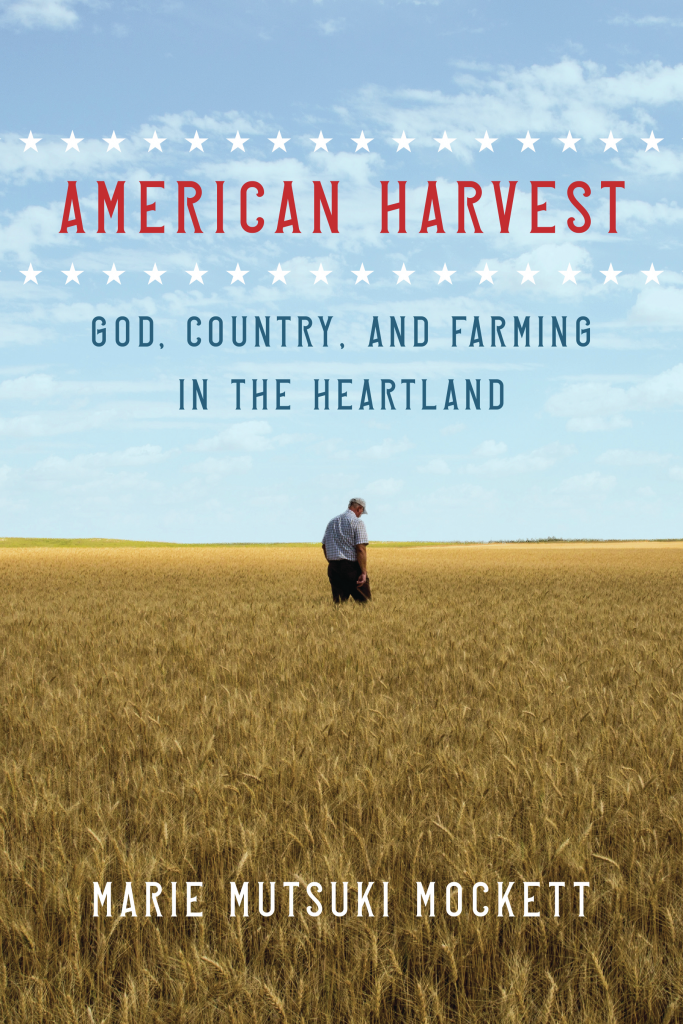

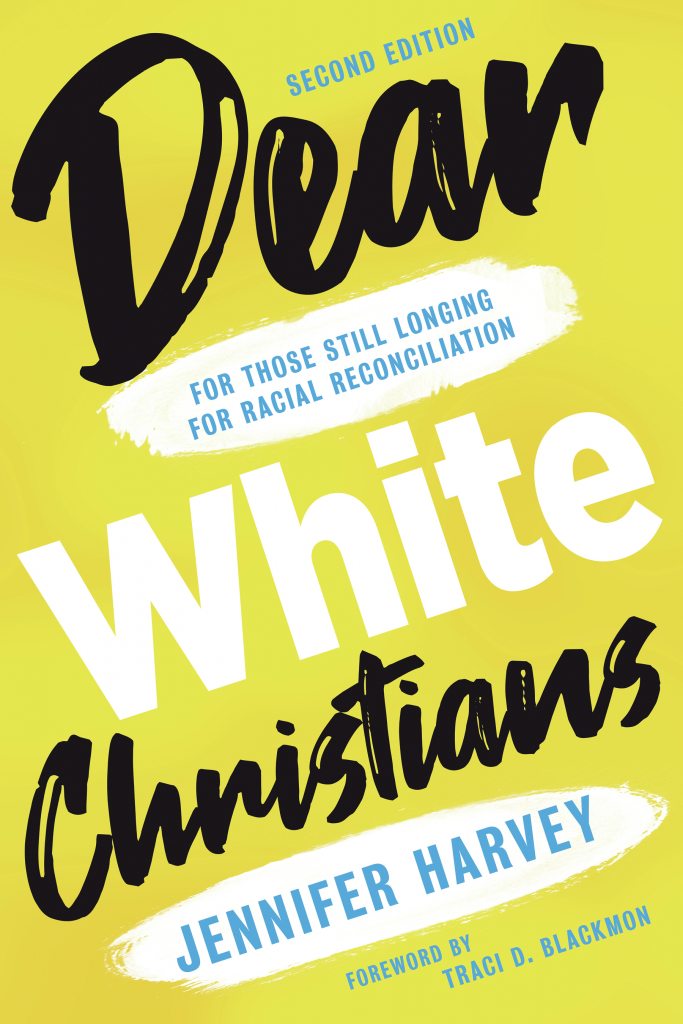
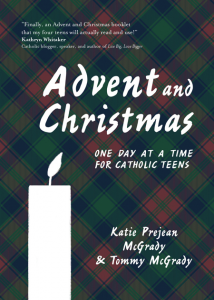
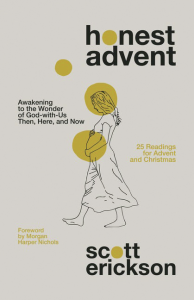
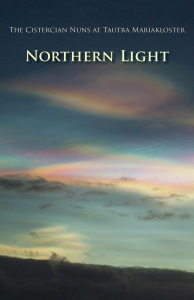
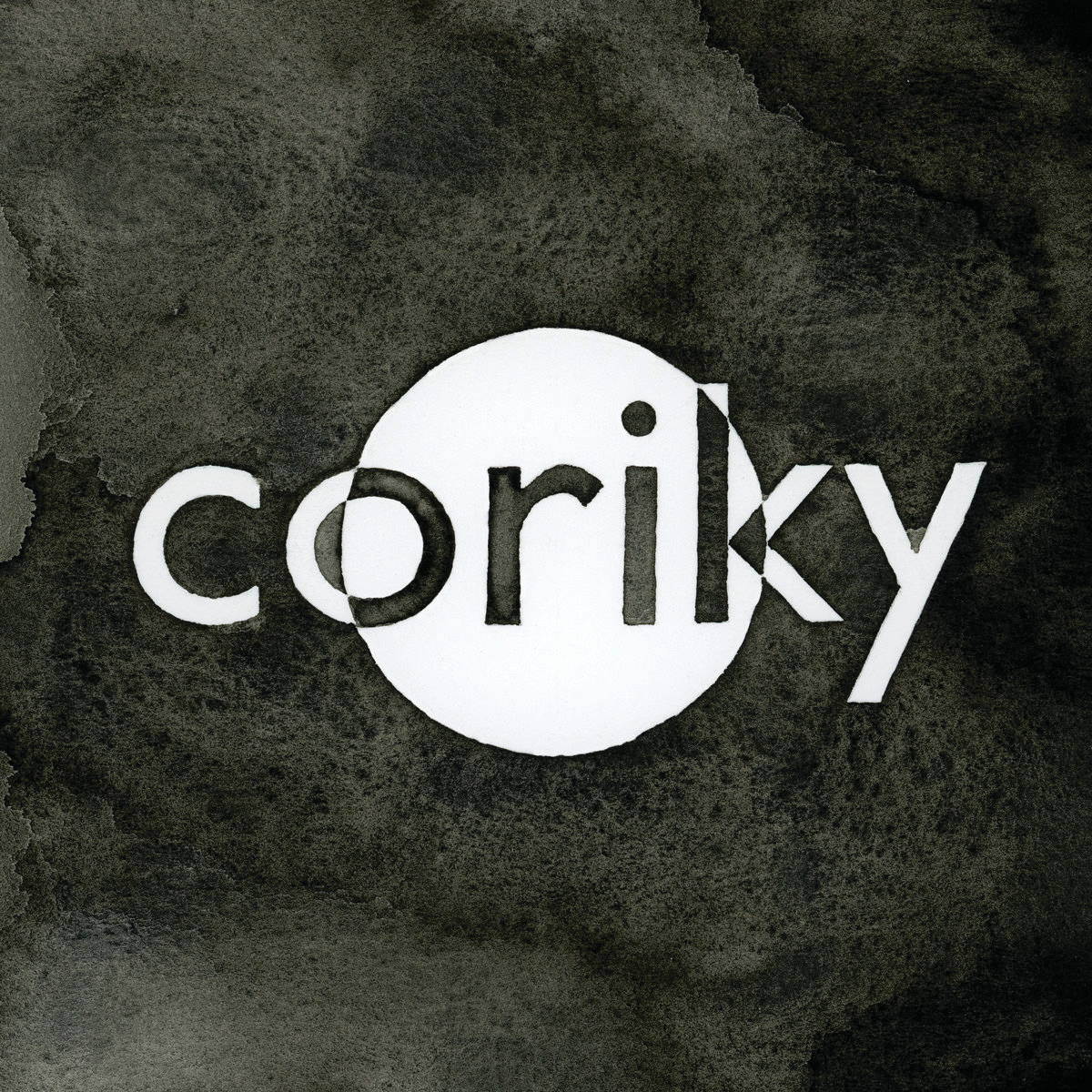
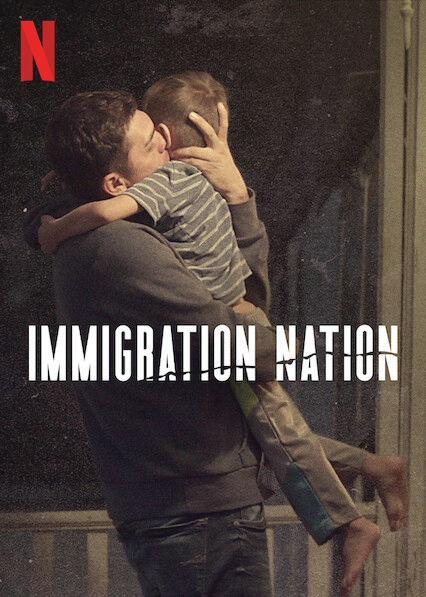










Add comment